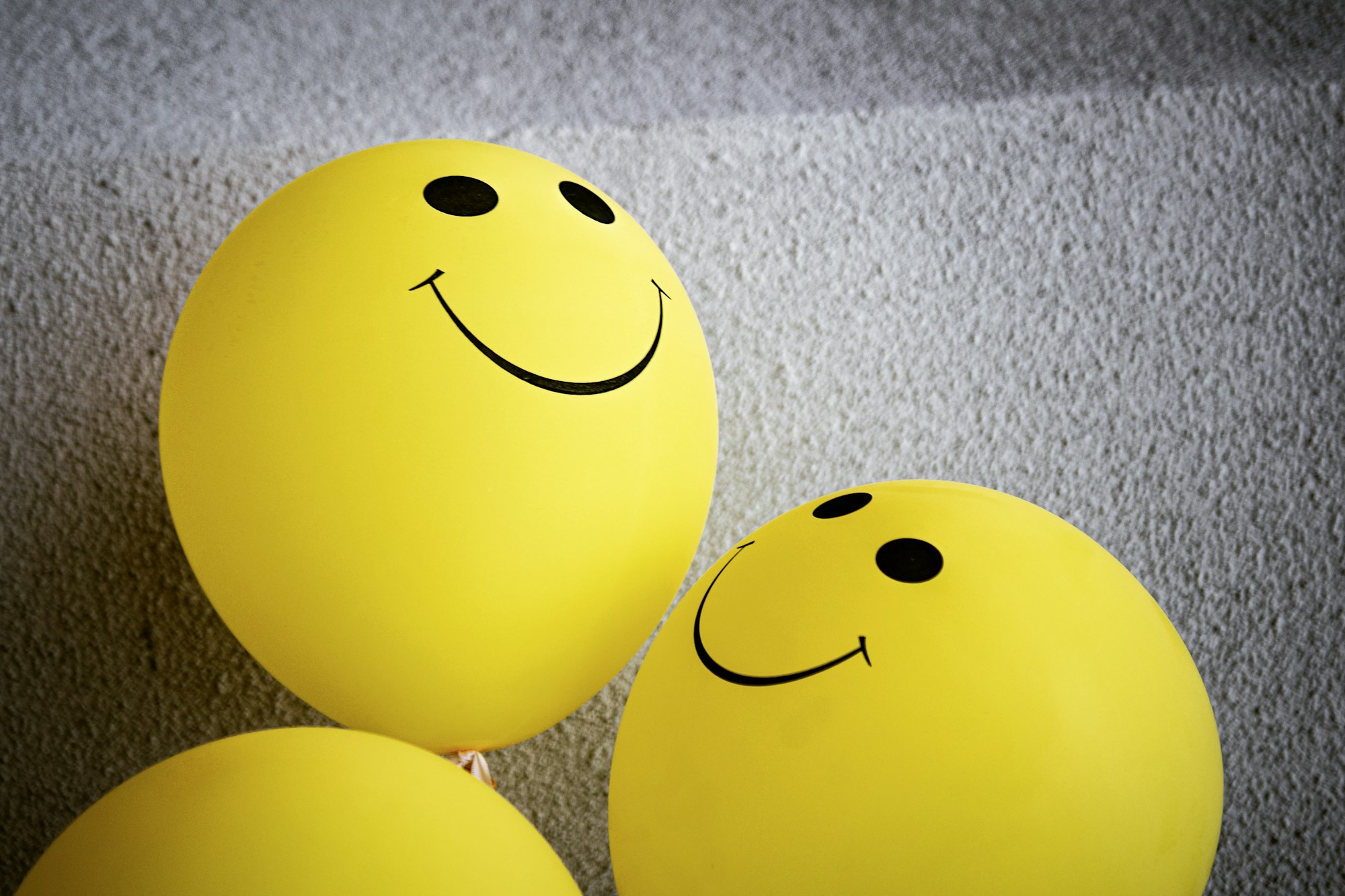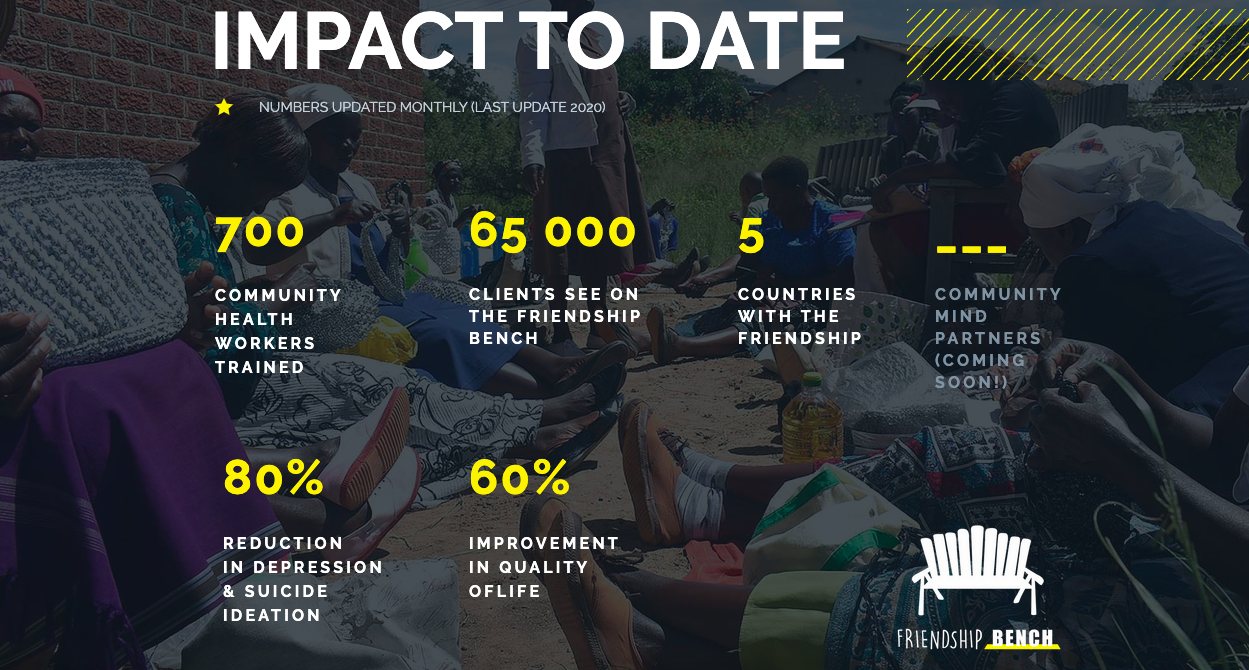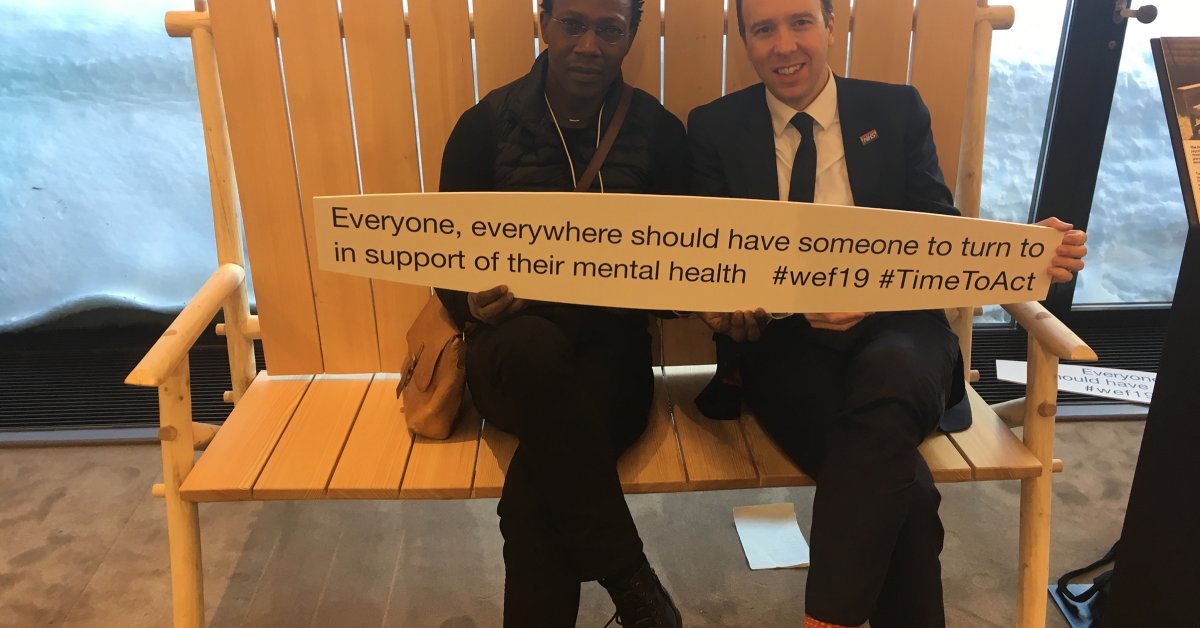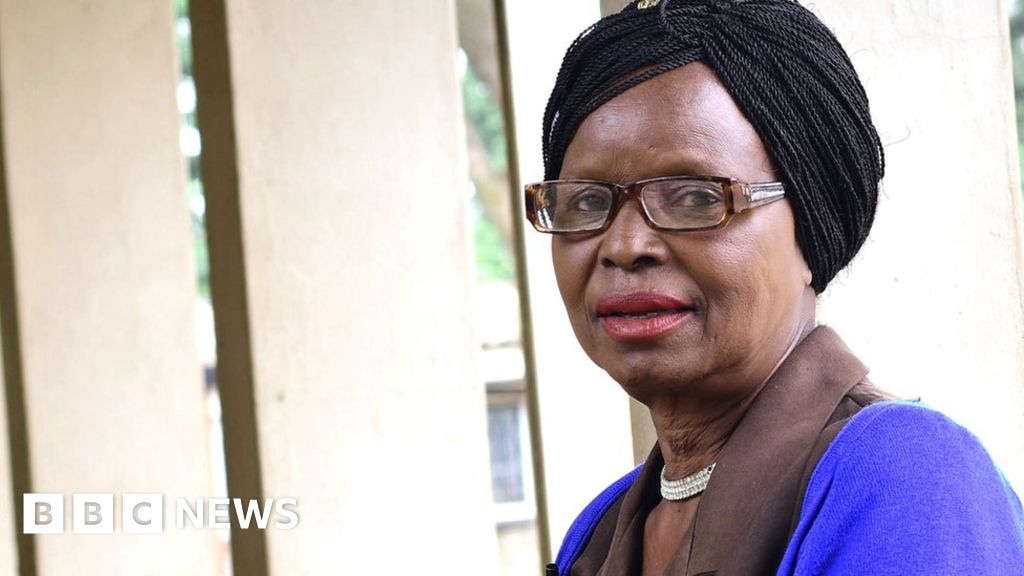How an innovation from Zimbabwe is leading the fight against the mental health pandemic
In 2007, Chibanda seized on the idea of creating an informal system of therapists from the community.

The world is facing a very serious issue - many, many people are suffering at the hands of their minds.
The collective state of global mental health has declined tremendously over the past year. It's an issue that has generated numerous headlines and news snippets and documentary programs, but unlike the vaccines that have been rapidly developed to help stop the spread of the covid-19 pathogen, there are far fewer solutions forth coming for the mental health pandemic.
In America (a so-called 'developed nation') - 'almost 1 million mothers have left the workforce — with Black mothers, Hispanic mothers and single mothers among the hardest hit. Almost one in four children experienced food insecurity in 2020, which is intimately related to the loss of maternal income. And more than three quarters of parents with children ages 8 to 12 say the uncertainty around the current school year is causing them stress.' - via
People around the world are being diagnosed with post traumatic stress disorder [PTSD] - a condition that war veterans struggle with when coming back from the experience of battle.
'The French government have taken the step of offering people free walk-in psychological support. 'Several cities in France have reactivated this “two-tent model”, one for medical care and the other for mental care, to help people cope with the toll of the virus.'
Zimbabwe have a novel solution that seems to be working very well
'In Zimbabwe (a so-called developing nation that has just 12 psychiatrists for a population of 13 million), well before the pandemic, hundreds of grandmothers were taught how to provide talk therapy on village benches to depressed neighbours who could not afford to visit a distant clinic. Such innovations can work elsewhere, too.'- via
'Zimbabwean psychiatrist, Dr. Dixon Chibanda, has been on a mission to narrow this treatment gap ever since one of his young patients, who didn’t have the $15 bus fare to travel to a scheduled evaluation, hanged herself from a tree. In 2007, Chibanda seized on the idea of creating an informal system of therapists from the community. “It suddenly dawned on me that one of the most reliable resources we have in Africa is grandmothers,” he says.'

'Chibanda’s organization, Friendship Bench, now trains hundreds of Zimbabwean grandmothers in problem-solving therapy, role-playing and behaviour activation. Their therapy sessions take place outside, on wooden seats known as Friendship Benches. Grandmothers, Chibanda says, are often best equipped to provide care because they listen and guide their charges toward a solution, unlike other members of the community who tend to direct their patients what to do. A study published in JAMA in 2016 illustrated the positive benefits of the innovative approach.' - via
Community, connection with people, strengthening the ties between us - these are the things that we are told have accelerated the covid-19 virus, but they are also the things that will most effectively solve the resulting mental health pandemic in its wake.










